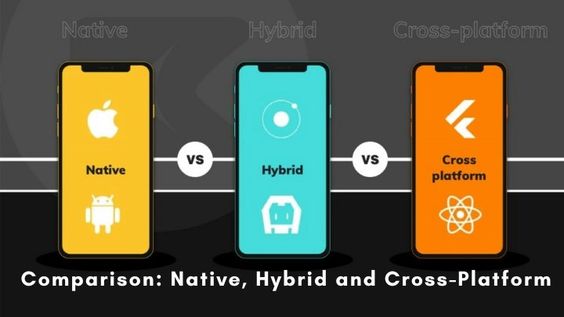Introduction

The digital landscape evolves constantly DMA Impact on Mobile App Development, introducing new regulations aimed at ensuring fair competition and consumer protection. One regulation making waves is the Digital Markets Act (DMA), introduced by the European Union. This legislation aims to reshape digital platforms, impacting mobile app developers significantly. In this blog, we delve into the DMA’s various aspects and explore its transformational effects on the mobile app ecosystem, presenting both challenges and opportunities.
The Basics of the Digital Markets Act

The Digital Markets Act addresses the dominance of “gatekeepers” in the digital market—major platforms like app stores, search engines, and social networks. It imposes obligations to foster a competitive ecosystem and prevent unfair practices such as self-preferencing and data hoarding. By leveling the playing field, the DMA aims to benefit consumers and promote innovation. For developers, understanding these fundamentals is crucial amidst potential landscape changes.
Increased App Store Competition

One significant impact of the DMA is the potential for increased competition among app stores. It mandates gatekeepers to allow third-party app stores, breaking monopolies and offering developers new distribution avenues. This diversification could lead to better terms for developers, including lower commission rates and more flexible policies. However, it may require adaptation to multiple store requirements and a more complex distribution environment.
Data Portability and Interoperability

The DMA emphasizes data portability and interoperability, potentially giving developers access to more user data across platforms. This could enable more personalized apps and seamless integrations with other services. Developers must ensure compliance with stringent data protection regulations like GDPR while leveraging these insights for innovation.
Fair Ranking and Discoverability
Stricter rules under the DMA aim to ensure fair ranking and discoverability in app stores, offering developers a more level playing field based on genuine user engagement. Adapting ASO strategies to these new criteria is crucial for maintaining visibility and competitiveness in the evolving marketplace.
Changes in In-App Purchasing and Payment Systems
Developers stand to benefit from the DMA’s requirement for gatekeepers to allow third-party payment processors. This could reduce commission rates and enhance monetization strategies. However, integrating and managing multiple payment systems poses challenges in terms of complexity and security.
User Choice and Default Apps

The DMA grants users more control over default apps, presenting opportunities for developers to compete with platform-owned services. Developers must focus on enhancing user experience and educating users about alternative choices to maintain market share in this new environment.
Advertising and User Tracking
Stricter regulations on user data use for advertising could impact targeted ad capabilities. Developers may need to explore alternative monetization strategies that prioritize user privacy while maintaining revenue streams.
Cross-Platform Compatibility and Sideloading

Encouraging cross-platform compatibility and sideloading, the DMA opens new distribution channels for developers. This offers opportunities for reaching broader audiences but requires careful consideration of security implications and increased development costs.
Conclusion
The DMA heralds a significant regulatory shift for mobile app developers, promising a fairer and more competitive digital marketplace. Adapting to these changes with innovation and compliance will be crucial for developers looking to thrive in the evolving landscape.







